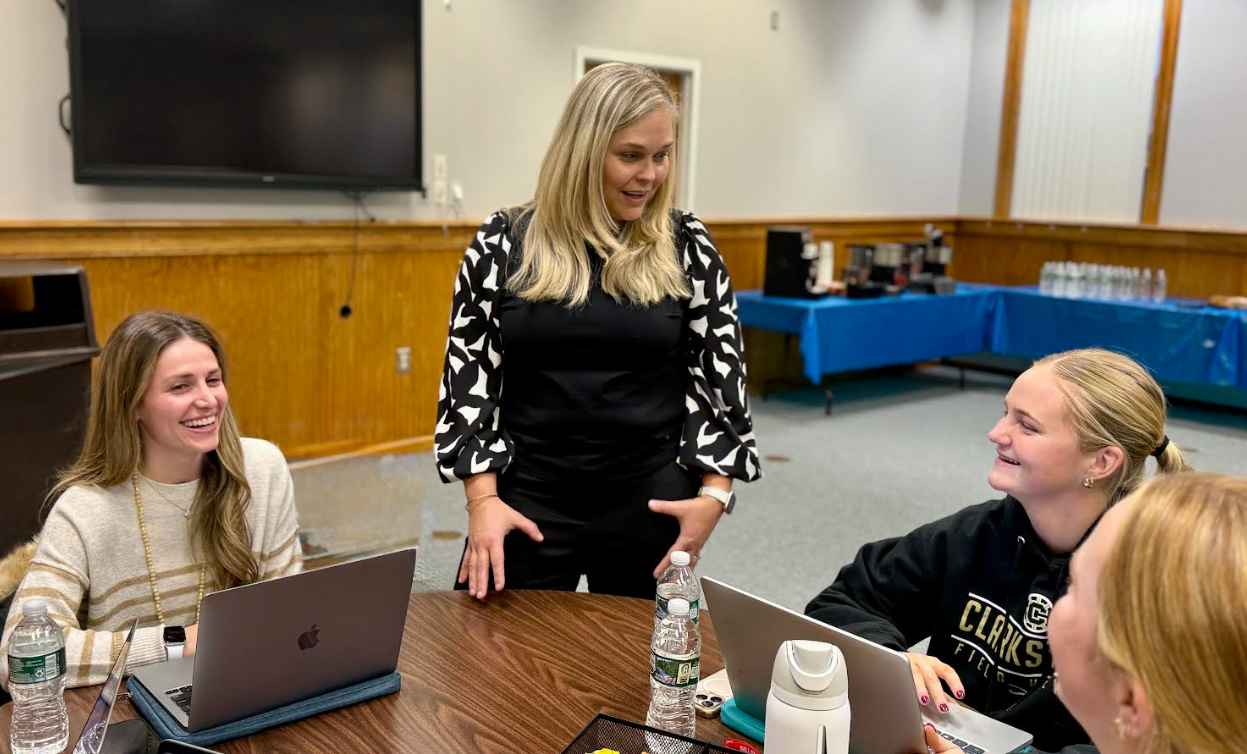Differentiating Instruction is Not Hard if We Tap into Student’s Passions by Lisa Nielsen
I hear the term differentiating instruction thrown around all the time, but when I go into schools, I often find there’s not necessarily a whole lot of differentiation going on. There seems to be confusion about what this method of teaching actually entails and as a result it can be considered a daunting and unrealistic teaching method. The reality is, however, when we shift the focus to the student passion, differentiation just happens.
Here are the innovative educator’s tips for differentiating instruction.
Determine your student’s talents, interests, passions, learning styles, and abilities
Start by helping students identify their talents, interests, passions, abilities, and learning styles. You can do this with a paid for program like theRenzulli Learning profiler or for free by creating your own survey with something like a Google form that feeds into a spreadsheet that children can be invited to update. By doing this, you’ve helped students begin to develop their personal learning network where they can connect with others with similar learning profiles.
Allow students to own the learning
As an educator your job is to facilitate learning and support children in being able to become independent learners. While it is your job to support students in reaching their learning goals, it is not necessary for students to all do this in the same way. Begin units of study explaining to students what the learning goals are and ask them, based on their individual preferences, how they might best demonstrate this learning. Encourage them to talk to others they know share their talents, passions, interests, and abilities. Let them know they can work independently, in pairs, or in groups. Once they’ve developed their plan let them present it to you for approval. Give students ownership of how they will demonstrate the learning with you as a guide, facilitator, and final approver of ways in which they can do so.
Allow students to demonstrate learning using the tools they choose
I’m a bitter ex-student. I’m bitter because I poured my blood, sweat, and tears into a number of papers and reports that went from my hands, to a teacher, to a box in my basement. Why? What were my teachers really preparing me for? What lesson was I learning? That you work your ass off for a letter grade that ends up in a box! It does not need to be this way. Many of today’s tech-savvy learners know how to harness the power of technology to socialize. They make videos, interact in social media, capture photos, make podcasts and audio casts, and publish all of this in online forums where they have hundreds if not thousands of others who are interested in what they do. Invite students to use the tools they love to demonstrate learning. One may contribute a guest post to a blog; another might make a public service announcement that can be used on the website of a cause they are interested in. Others may find a podcast they love on iTunes and contact the host to contribute to a session. One student may choose to compose and perform a song, and yet another might make a video on YouTube to share knowledge and learning with the world.
Allow students to follow their passions when demonstrating learning
I get so frustrated when my boyfriend shares with me the type of work his children are assigned in school. Not once are they ever encouraged or even allowed to investigate a passion in their classes. We need to shift from dictating to students what it is they must read or write, and instead help them find topics they are passionate about learning more. One student, Armand McFadden was encouraged to do this. He loves buses. Throughout school he wrote about buses, shared the history of buses, made videos about buses, engaged in online discussions and more. This authentic experience allowed Armand not only to demonstrate learning, but this high school student is already known as a transportation expert with a powerful learning network and connections that will likely lead to a successfully career.
Cross posted at The Innovative Educator
Tools and ideas to transform education. Sign up below.
Lisa Nielsen is best known as creator of The Innovative Educator blog and Transforming Education for the 21st Century learning network. International Edublogger, International EduTwitter, and Google Certified Teacher, Lisa is an outspoken and passionate advocate of innovative education. She is frequently covered by local and national media for her views on "Thinking Outside the Ban" and determining ways to harness the power of technology for instruction and providing a voice to educators and students. Based in New York City, Ms. Nielsen has worked for more than a decade in various capacities helping schools and districts to educate in innovative ways that will prepare students for 21st century success. You can follow her on Twitter @InnovativeEdu.
Disclaimer: The information shared here is strictly that of the author and does not reflect the opinions or endorsement of her employer.
